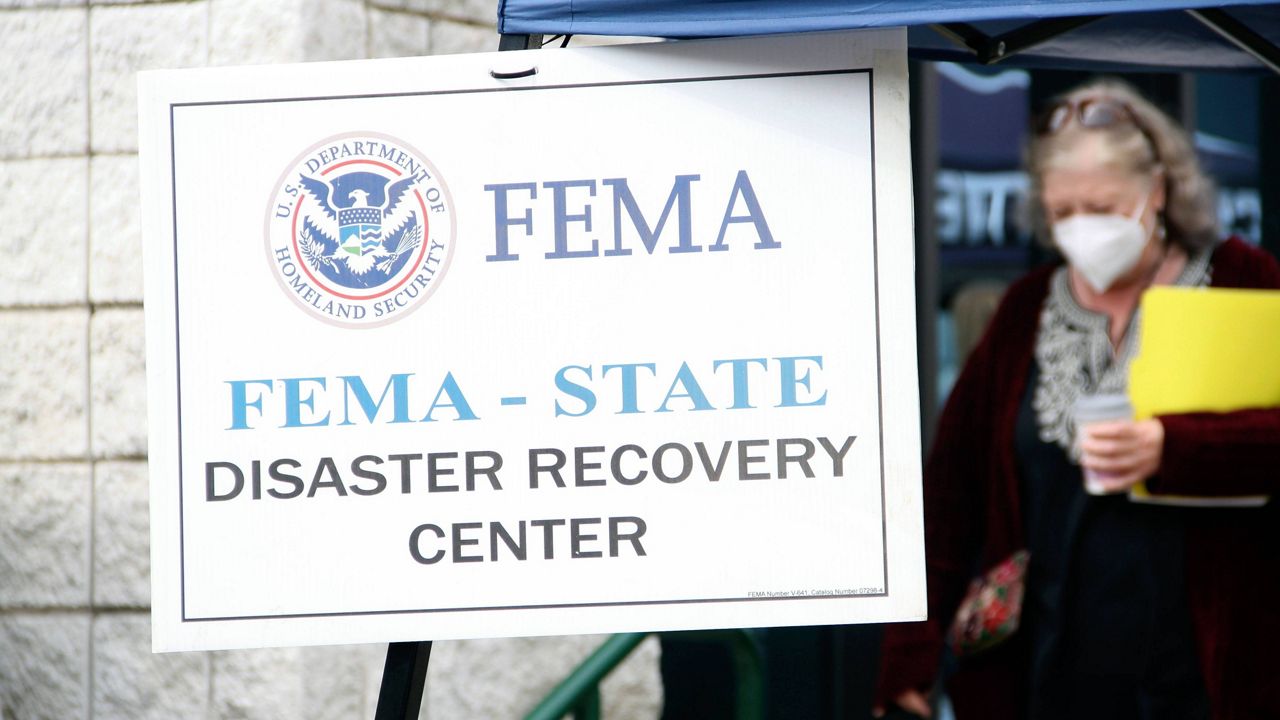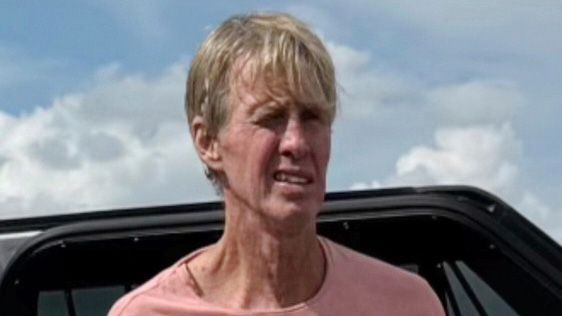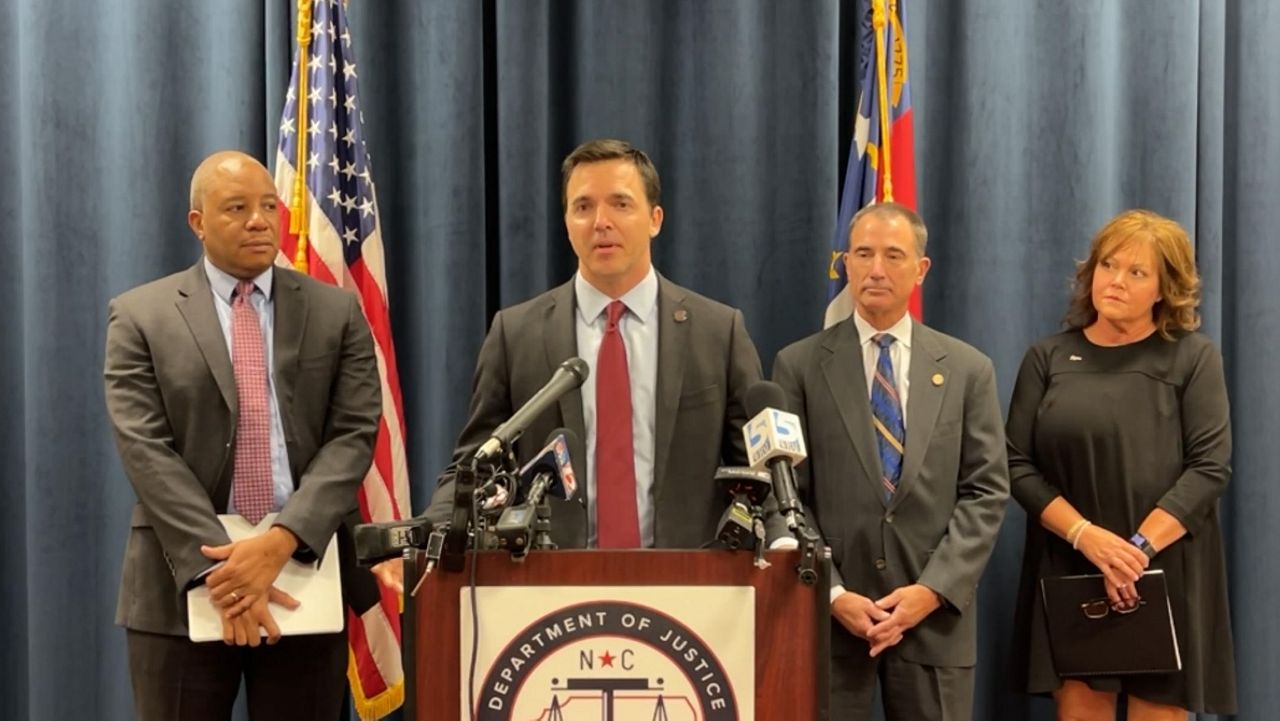RALEIGH, N.C. — The director of a clinic that serves uninsured patients said Tuesday COVID-19 aid is a life-or-death situation for them.
When state lawmakers approved legislation last year to distribute federal and state pandemic relief aid, they included a little less than $12.5 million for free and charitable clinics, which provide primary care and other services to people who are uninsured or underinsured. Clinics had until Dec. 30 to apply for and use the money. According to the North Carolina Association of Free & Charitable Clinics, when the deadline passed, roughly $3.4 million was still unspent.
Pete Tannenbaum, the executive director of Alliance Medical Ministry in Raleigh, said how a clinic uses the money depends in part on its structure. Tannenbaum's clinic has paid, full-time staff and was able to use its grant quickly. He said his team used it to install the computers, phones, and software needed to provide telehealth services. Smaller clinics that rely more on volunteers often can't move as quickly.
“To be able to extend the grant for those organizations that did not utilize their allocation in the time frame, it's life saving. It really is,” he says.
On Tuesday, a Senate committee quickly approved a measure to extend the deadlines for a host of COVID-19 relief programs. The measure would free up leftover money for protective equipment in schools, hospital expenses, and community health centers, as well as charitable clinics.
Allison Kelly, the COVID-19 grant coordinator for the N.C. Association of Free & Charitable Clinics, says her organization's members include about 70 such clinics in 83 counties statewide. She said those clinics primarily rely on community donations for funding, donations which threatened to dry up when job losses began. Kelly says the grant money proved crucial not only in keeping the doors open, but also for funding COVID-19 vaccinations at the clinics.
Tannenbaum says the pandemic has raised public awareness of the needs of local nonprofits that provide critical services such as help to the uninsured. Still, he says the state aid provided some certainty operations could continue.
“Funding from General Assembly was absolutely critical at a time when we did not know what was going to happen,” he says.
In addition to specific service programs, the bill also would extend the application deadline for the Extra Credit Grant. That program provides for one-time $335 payments to families with children ages 16 and under. Families would have until May 31 to apply.
The bill has not yet come up for a floor vote.









